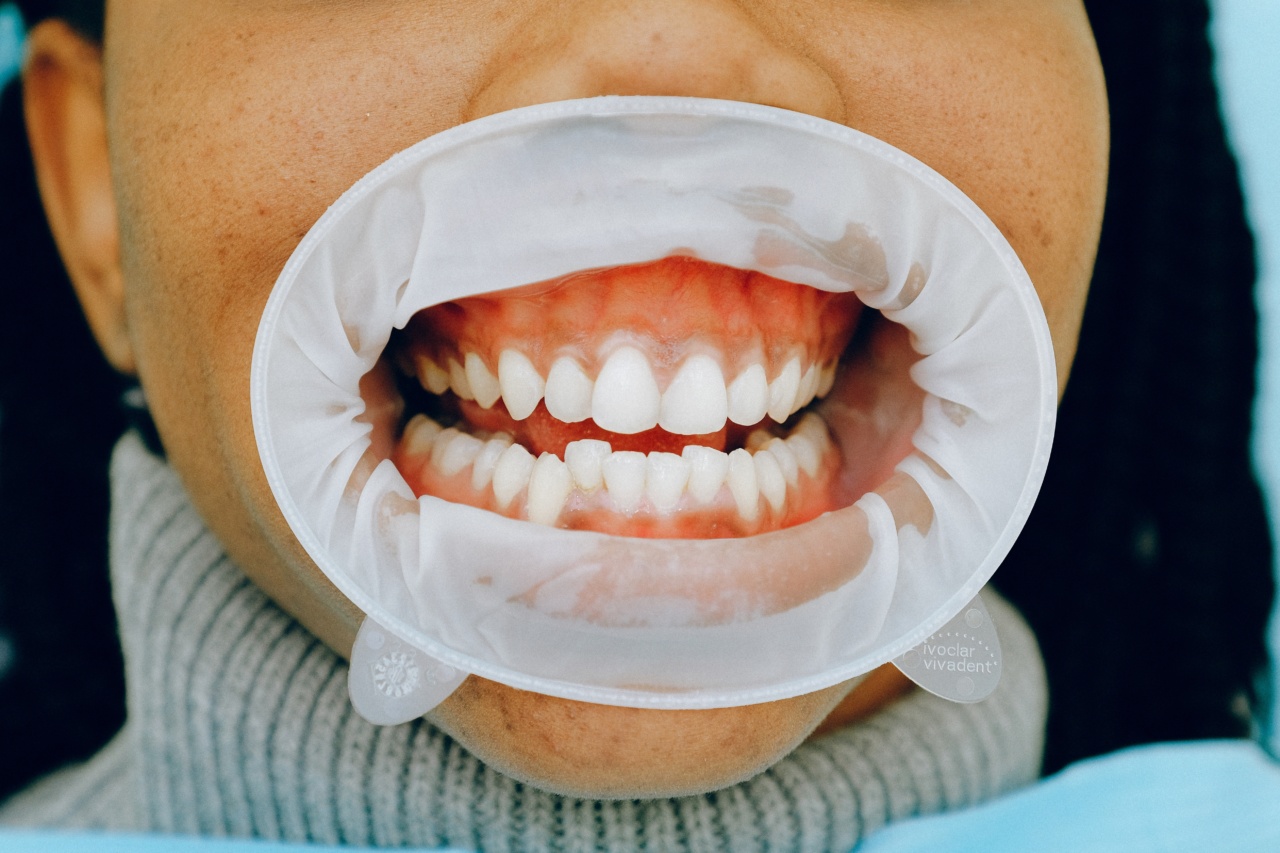Did you know that your oral health is closely connected to your overall health? In fact, poor oral health can lead to other serious health problems, such as heart disease, diabetes, stroke, and even some types of cancer.
In this article, we’ll explore the link between oral health and overall health, and provide you with tips for maintaining a healthy, happy mouth.
The Oral-Systemic Connection
The oral-systemic connection refers to the link between your mouth and the rest of your body. It’s a two-way street – poor oral health can lead to other health problems, and other health problems can also affect your teeth and gums. For example:.
Heart Disease
Researchers have found a strong correlation between gum disease (periodontitis) and heart disease. In fact, people with gum disease are twice as likely to develop heart disease than those with healthy gums.
The bacteria that cause gum disease can enter your bloodstream and travel to your heart, where they can cause inflammation and damage to your arteries.
Diabetes
People with diabetes are more likely to have gum disease than those without diabetes. In addition, gum disease can make it more difficult to control blood sugar levels, which can lead to complications for people with diabetes.
Stroke
Like heart disease, stroke has also been linked to gum disease. The bacteria that cause gum disease can travel to your brain, where they can cause inflammation and damage to your blood vessels.
Other Health Problems
In addition to heart disease, diabetes, and stroke, poor oral health has also been linked to other health problems, such as respiratory infections, osteoporosis, and some types of cancer.
Tips for a Healthy Mouth
Now that you know the link between oral health and overall health, here are some tips for maintaining a healthy, happy mouth:.
1. Brush and Floss Regularly
Brush your teeth at least twice a day for two minutes each time, and floss at least once a day. Use a fluoride toothpaste and a soft-bristled brush, and replace your toothbrush every three to four months (or sooner if the bristles are frayed).
2. Eat a Healthy Diet
A healthy diet is essential for good oral health (and overall health). Limit your intake of sugary and acidic foods and drinks, and choose foods that are rich in calcium, phosphorus, and other nutrients that promote healthy teeth and gums.
3. Visit Your Dentist Regularly
Visit your dentist at least twice a year for regular check-ups and cleanings. Your dentist can spot problems early, before they become more serious (and more expensive to treat).
4. Don’t Smoke or Use Tobacco Products
Smoking and other tobacco products can cause serious harm to your oral health (and overall health). They can stain your teeth, cause bad breath, and increase your risk of gum disease and oral cancer.
5. Manage Stress
Stress can have a negative impact on your oral health (and overall health). It can cause teeth grinding, gum disease, and other problems. Try to manage your stress through relaxation techniques, such as deep breathing, meditation, or yoga.
6. Wear a Mouthguard
If you play sports or engage in other high-risk activities, wear a mouthguard to protect your teeth and gums from injury.
Conclusion
Your oral health is an important part of your overall health. By following these tips for a healthy mouth, you can reduce your risk of oral health problems and other serious health issues.
Be sure to schedule regular check-ups with your dentist, and practice good oral hygiene habits every day.

























